Zhejiang has a long and storied history and a rich and diverse culture.
Historical Significance:
Zhejiang has been an important region since the Neolithic Age, with evidence of early human habitation found at the Hemudu and Majiabang cultures. It has played a significant role in Chinese history, particularly during the Song Dynasty when it was a center for commerce, culture, and governance.
Academic Culture:
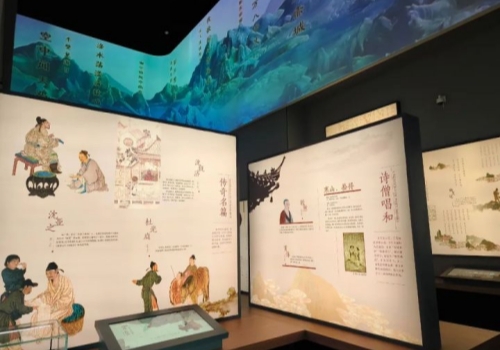
Zhejiang has been home to many notable literati, poets, and philosophers, including the famous poet Su Shi (Su Dongpo) and the philosopher Wang Yangming. Their works have greatly influenced Chinese literature and philosophy. The historiography and local chronicles in Zhejiang are unique and voluminous, such as The Lost History of Yueh, which provides rich materials for the study of Zhejiang's historical and cultural heritage.
Literature and Art:
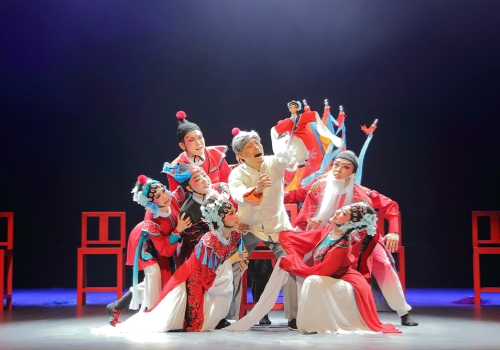
In terms of literature, Zhejiang has produced a large number of literati. From Lu You and Li Qingzhao in ancient times to Lu Xun and Mao Dun in modern times, their works have left a deep mark on the history of Chinese literature. The opera culture in Zhejiang, such as Yue Opera and Wu Opera, has beautiful singing and delicate performances and is deeply loved by people. The calligraphy and painting art in Zhejiang also has a long history. The works of calligraphy and painting masters such as Zhao Mengfu have a far-reaching influence.
Religious Culture:
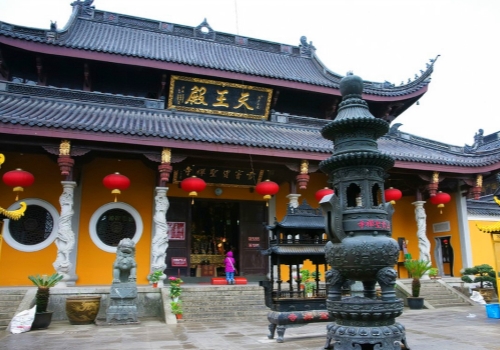
Zhejiang has a rich and diverse religious culture. Lingyin Temple in Hangzhou and Guoqing Temple in Tiantai are all famous Buddhist holy places. Taoism also has many palaces and inheritances in Zhejiang, such as Dayou Palace in Weiyu Mountain, which has had a certain impact on local culture and social life.
Folk Culture:
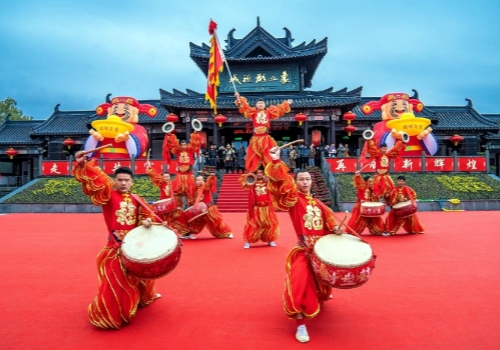
Zhejiang's folk culture is rich and colorful, including production, industry, and seasonal customs, as well as weddings, childbirth, birthdays, funerals, and other festive customs, and many folk ritual taboos. For example, various traditional customs during the Spring Festival, the Lantern Festival during the Lantern Festival, the dragon boat race during the Dragon Boat Festival, etc., all have strong local characteristics and profound cultural connotations.
Book-Collecting Culture:
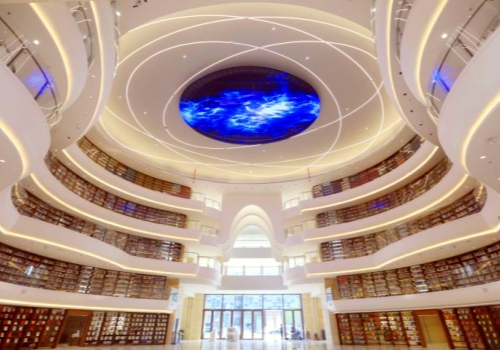
Zhejiang has a rich history of book-collecting culture. Huzhou, known for attracting talented individuals and housing numerous ancient books, has produced over a hundred book collectors, both prominent and lesser-known. One notable example is the Jiaye Library, one of the largest private libraries in modern China, which boasts an extensive collection of works. At its height, it carefully preserved 200,000 ancient books and 600,000 volumes in total. This book-collecting tradition has been passed down for more than 1,500 years.
Commercial Culture:
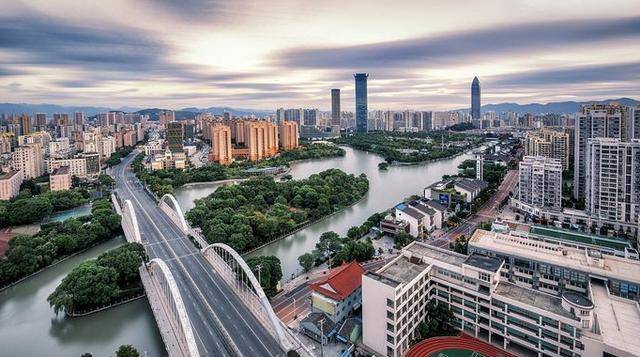
Zhejiang has a developed commercial culture and has a tradition of doing business since ancient times. The Zhejiang business group is famous. From the ancient Maritime Silk Road to the modern national industry and commerce and then to the modern private economy, the commercial culture in Zhejiang has been continuously inherited and developed, forming a unique Zhejiang business spirit, such as being bold and enterprising, hardworking, and enduring hardships, which has promoted the prosperity and development of Zhejiang's economy.
Culinary Culture:
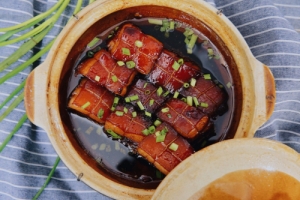
Zhejiang's culinary culture is rich and diverse. Represented by Hangzhou cuisine, Ningbo cuisine, Shaoxing cuisine, etc., it pays attention to the freshness of ingredients and the refinement of cooking and emphasizes the original flavor. Famous dishes such as West Lake Fish in Sweet and Sour Sauce, Dongpo Pork, and Longjing Shrimp have not only delicious taste but also profound cultural connotations, reflecting the pursuit of quality of life and unique understanding of food by the people of Zhejiang.
Architectural Culture:
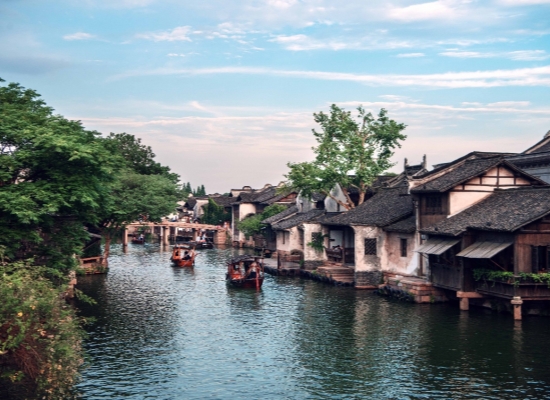
Zhejiang has a unique architectural style. There are ancient town architectures in the water towns of Jiangnan, such as Wuzhen and Xitang. Their architectural styles of white walls, black tile bridges, and flowing waters show the softness and charm of the water towns in Jiangnan. There are also ancient village architectures in eastern Zhejiang, such as Zhuge Bagua Village. The layout is exquisite and contains rich cultural connotations of feng shui and family.




































